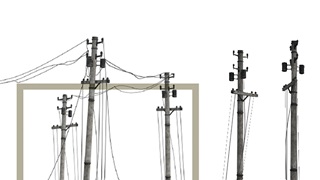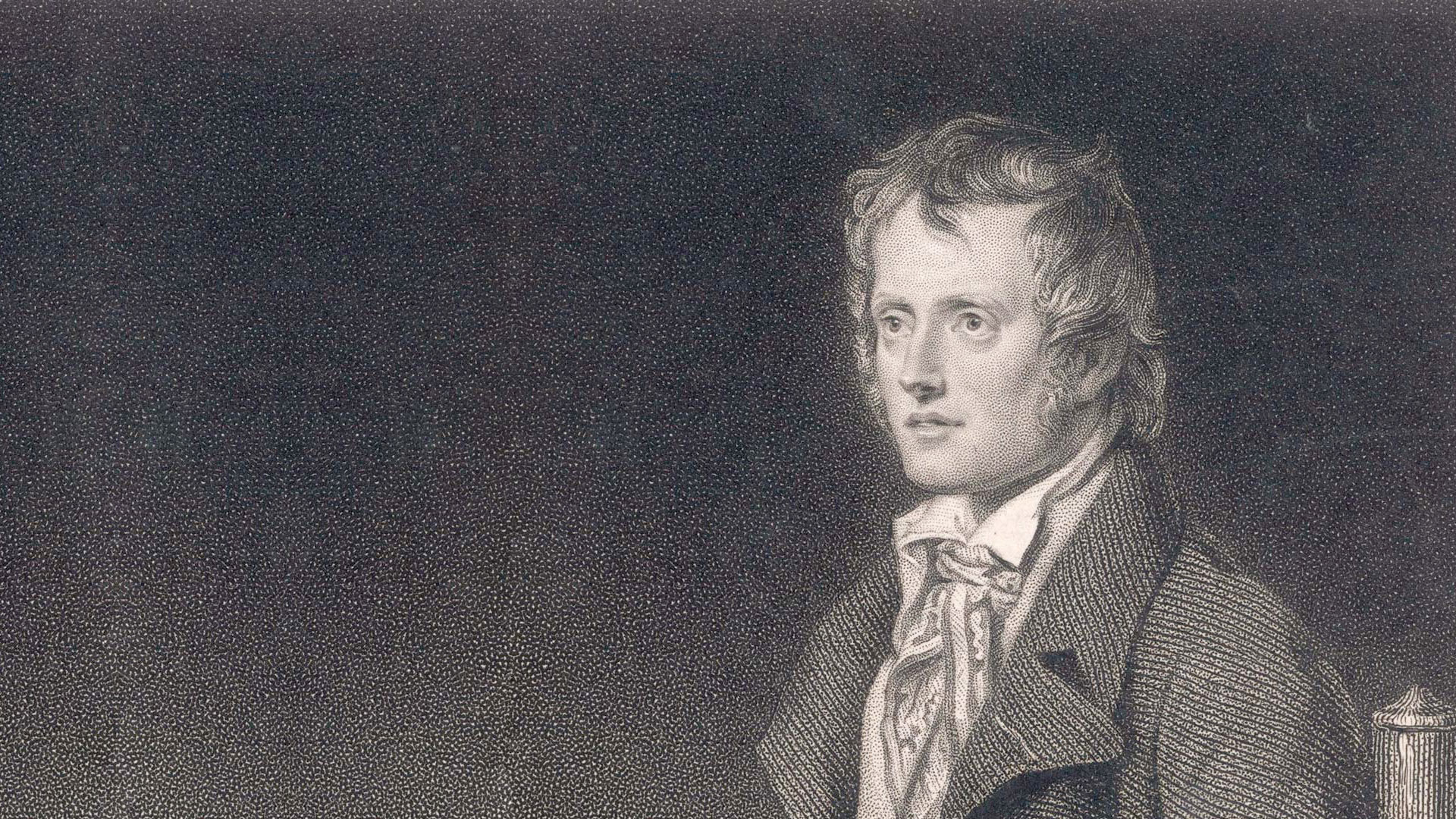
Stringers
Ahead of COP26, our stringers file their reports: Noni Shannon in Sydney, Tom Luckock in Beijing, Caroline May in London | Issue 19 | 2021


A Scene
The landscapes stretching view that opens wide
With dribbling brooks and rivers wider floods
And hills and vales and darksome lowering woods
With grains of varied hues and grasses pied
The low brown cottage in the shelter'd nook
The steeple peeping just above the trees
Whose dangling leaves keep rustling in the breeze
And thoughtful shepherd bending oer his hook
And maidens stript haymaking too apear
And hodge a wistling at his fallow plough
And herdsman hallooing to intruding cow
All these with hundreds more far off and near
Approach my sight — and please to such excess
That language fails the pleasure to express
This poem by John Clare — A Scene — is a painting, a panorama.
There is a luxurious expansiveness in the opening “stretching view”, evoked by the choice of words — “wide…wider” — and by the lack of punctuation, which causes lines to elide in a stream of consciousness. Then, details come crowding in: “rustling” leaves, vividly conveyed in the sibilant “trees…leaves…breeze” rhyme; a whistling “hodge” or labourer; richly coloured grasses. The language is natural and colloquial; the sense is of a speaker so absorbed in the landscape that his very being is constituted by, and indivisible from, this moment of perception.
But at this time Enclosure was under way: common land previously available for all was being fenced off into fields for intense cultivation, with devastating effects on the cultural and economic life of the rural poor. In this context, Clare’s quiet voice from the English countryside provides a poignant elegy on a scene about to be damaged beyond repair.
© Norton Rose Fulbright LLP 2025